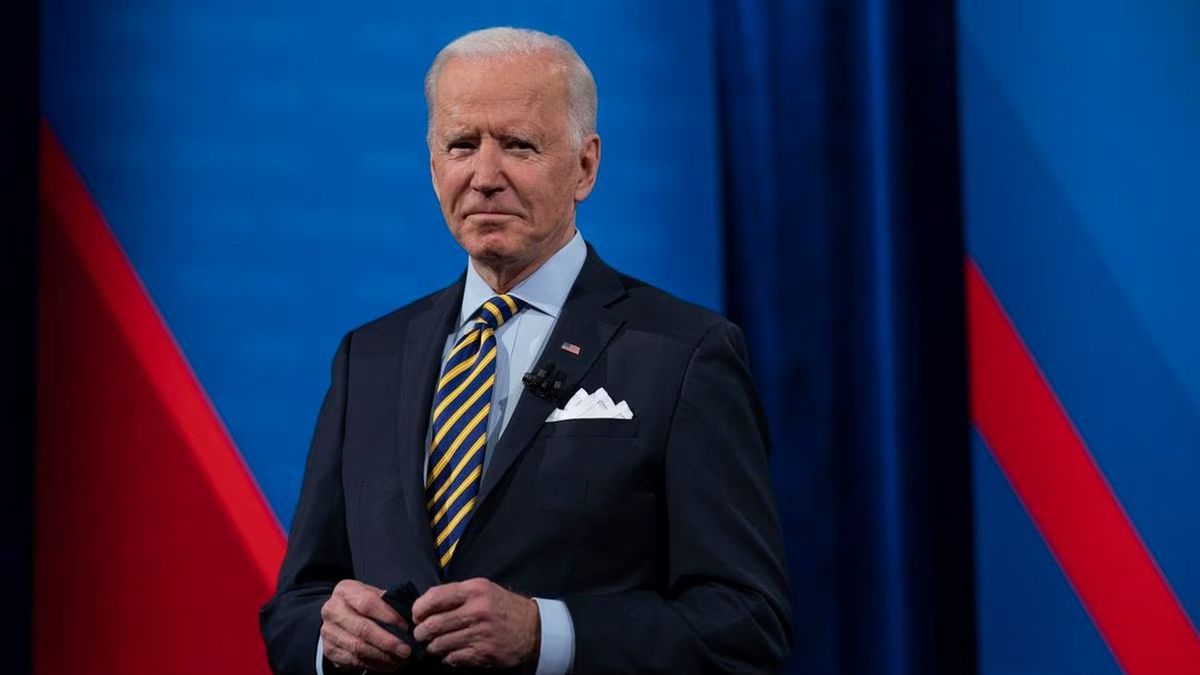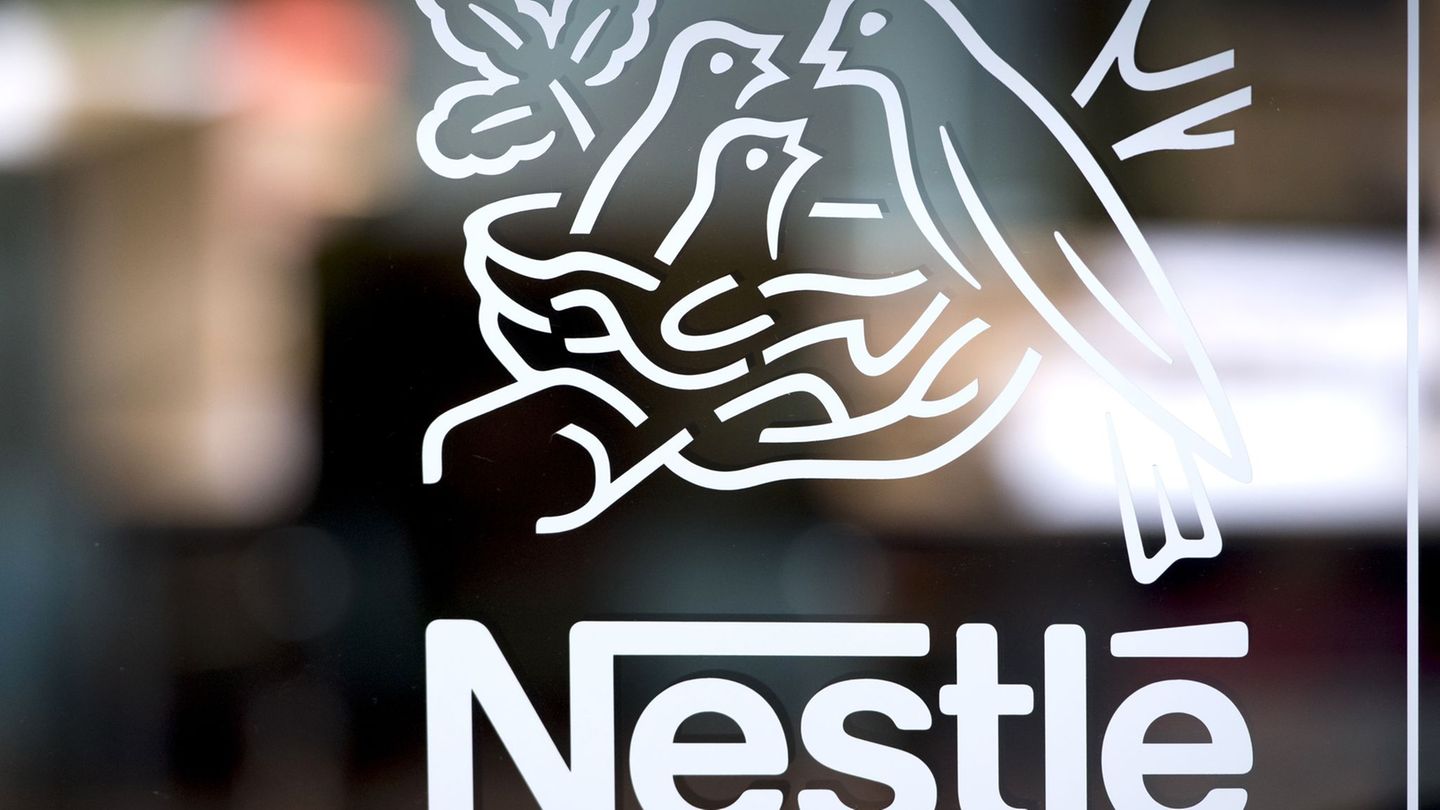The US government published this Tuesday the list of ten medicines with which he will begin a series of talks with the pharmaceutical to lower their prices, a measure included in the Law to reduce inflation which passed last year Joe Biden.
Through a statement, the White House reported that negotiations will begin in the coming months and that the new prices should enter into force in 2026.
Over the next 4 years, it will negotiate prices for up to 60 medications covered by Medicare, the federal health insurance system for people over 65 and people with disabilities, and thereafter 20 drugs will be added to the list each year.
This trading program prices It is within the Law to reduce inflation that the Biden Executive approved last year and that he has sold since then as the great milestone of his Government.
USA
Thanks to this rule, Medicare obtained the authority to negotiate the price of some prescription drugs. This bargaining program is expected to save the government some $98.5 billion over a decade.
“Medicare’s drug price negotiation will result in lower costs for people’s pockets older and save American taxpayers money,” the White House said in its statement.
USA: what are the medicines that are being frozen
The ten chosen medicines are used for “tvital treatments” of “life-threatening” conditions such as diabetes, heart failure and cancer, and are “so expensive” that many people have “difficulty accessing” them, the US administration said.
The affected drugs are the blood thinners Eliquis and Xarelto; Jardiance, which treats diabetes and heart failure; Januvia, Farxiga and NovoLog, which treat diabetes; Enbrel and Stelara, for arthritis and psoriasis; Entresto, for heart failure and Imbruvica, for blood cancer.
Its makers now have up to October 1st to declare whether they will participate in the negotiations with the Government.
If they refuse, says the US press, they will have to pay a high consumption tax or withdraw all their products from both Medicare and Medicaid, the program that provides health coverage to low-income people.
According to a report from Department of Health and Human Services, 9 million Medicare enrollees took any of the 10 drugs and paid a total of $3.4 billion out-of-pocket for them in 2022.
Are negotiations could be stalled by the courts, since six pharmaceutical manufacturers (Astellas Pharma, AstraZeneca, Boehringer Ingelheim, Bristol Myers Squibb, Johnson & Johnson, and Merck) took the Biden Administration to court in an attempt to block the rule.
In the opinion of the Biden government, the big pharma “they have been fighting this progress for a long time” and “their earnings grew as they spent more on share buybacks and dividends than they did on research and development.”
Source: Ambito




